Month: March 2015
-
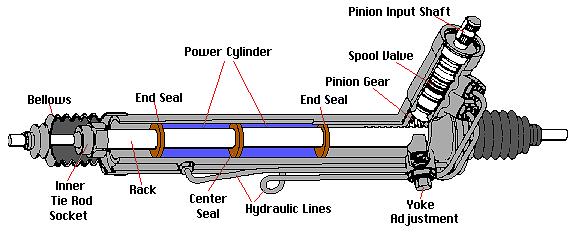
Signs That Your Power Steering Is Going Bad
Power steering is the feature in modern cars that allows the driver of a car to direct the vehicle without exerting the effort it would require to physically turn the wheel. In a power steering system, movements made on the steering wheel cause fluid pressure inside the hydraulic pump to move to one side or…
-
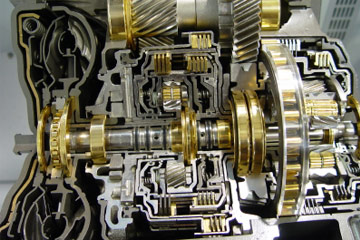
Signs of Transmission Trouble
Transmission problems can take several forms. Each symptom may have a number of possible causes, some requiring extensive repairs while others need only an adjustment or minor service. A systematic checkup by a professional is the best way to isolate the cause of the operating problems and recommend the most effective solution. Engine Light On–Dashboard…
-
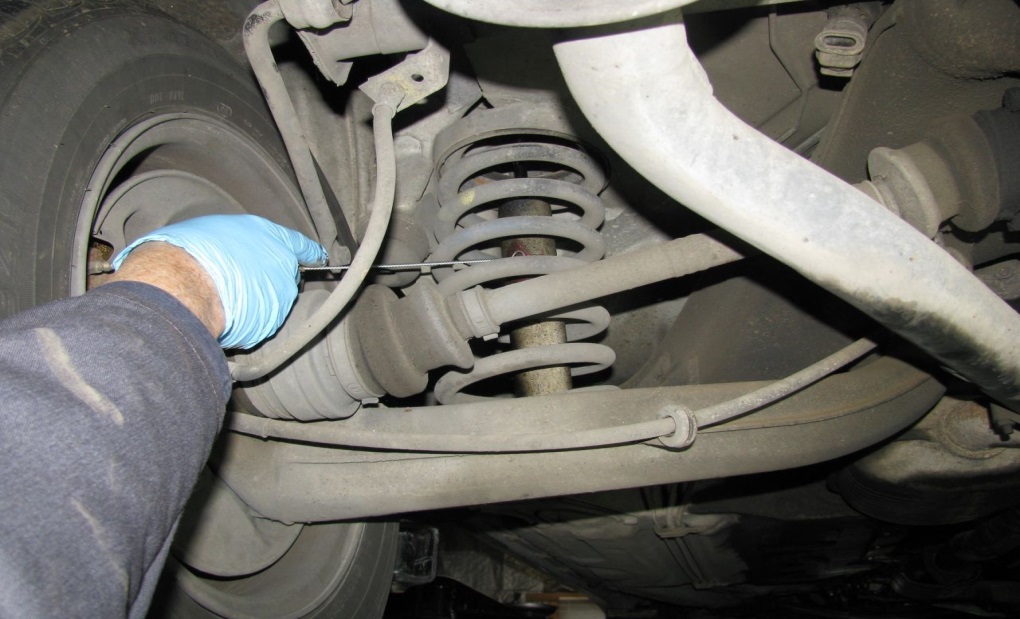
Signs of Shock Absorber Wear
Shock absorbers make your ride safer and more comfortable. They help your car tires grip the pavement, and they keep you and your car from bumping around on rough roads. Shock absorbers are part of your car’s suspension. The suspension system controls the way the frame of the car interacts with the wheels and tires.…
-
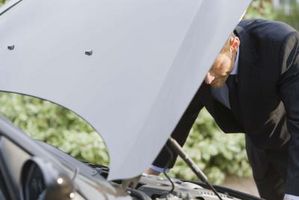
Signs of a Damaged Transmission
Signs of a damaged transmission are very apparent. This doesn’t mean that owners can pinpoint the exact cause of a damaged transmission. However, once damage occurs, the transmission fails to respond properly when the driver shifts gears. Some signs are the engine over revving while in the “drive” gear, loud noises or difficulty in changing…
-
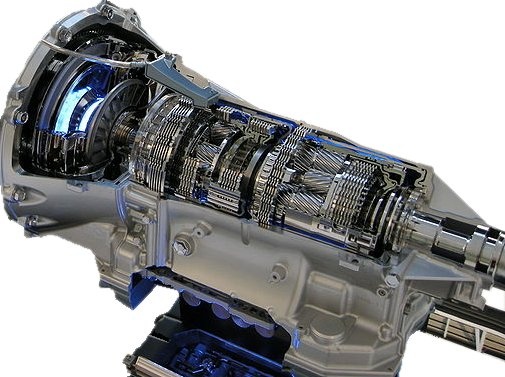
Signs of a Bad Automatic Transmission
The transmission is undoubtedly one of the most crucial parts to a vehicle, because the problems occur with the transmission can be expensive, inconvenient and time-consuming. A bad automatic transmission normally presents a series of signs and symptoms, including grinding in gear changes, excessive gear noise, difficulty shifting or a burst smell from the fluid.…
-

Seat Belt Problems
I have seen a lot of seat belt problems over the last 25 years. In this article we will discuss some of the most common and what to look for. I truly believe that car manufacturers try to keep seat belt problems to a minimum for obvious reasons. Despite their efforts you can still have…
-

ROUBLESHOOTING DRIVABILITY PROBLEMS
To control vehicle emissions and improve performance and fuel economy, automobile manufacturers began installing “on-board” computer systems on vehicles in the late 1970′s. This provides a monitoring system that continuously checks the readings from various sensors and turns on the “Check Engine” or “Service Engine soon” light when a sensor is not providing the correct…
-
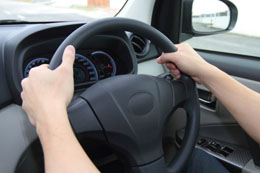
Reasons Why Steering Wheel Shakes When Braking
Are you experiencing a condition where your car steering wheel shakes excessively while braking or accelerating? Then this article will help you in diagnosing the problem source. Cars are complex machines and many complicated ailments keep afflicting them, from time to time. One such curious condition is shaking of the steering wheel when braking. Of…
-
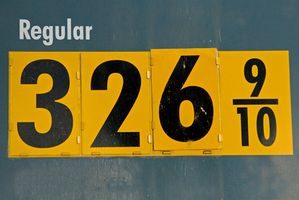
Reasons a Car Is Burning More Gas Than it Should
An unexplained increase in fuel consumption by your car costs you money and is a symptom of potentially expensive problems. Identifying the reasons your car is burning more gas than it should and correcting them will save you money and help you to avoid costly repairs. Familiarizing yourself with the more common causes of poor…
-
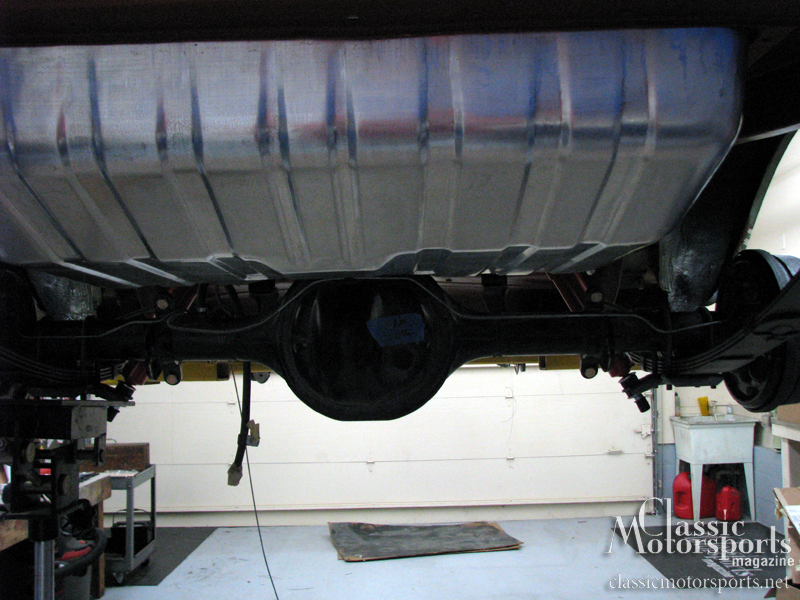
Reason for Too Much Pressure in the Gas Tank
Fuel pumps feed fuel to engine carburetors by pumping it from fuel tanks. Removing fuel causes a vacuum that, if not released or maintained at the correct pressure, becomes too great, causes pump failure and starves the carburetor of fuel. Until this vacuum is released, the car will not run. Actions to Take to Cure…
